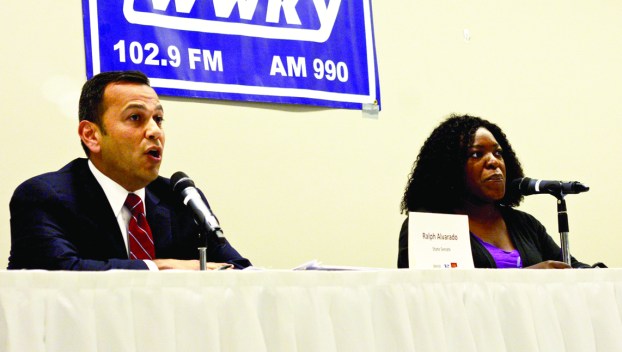
News Main
Alvarado, Gray talk pension crisis, working class
Candidates for 28th District state senator fielded questions about Kentucky’s underfunded pension, improving conditions for the working class ... Read more

Candidates for 28th District state senator fielded questions about Kentucky’s underfunded pension, improving conditions for the working class ... Read more